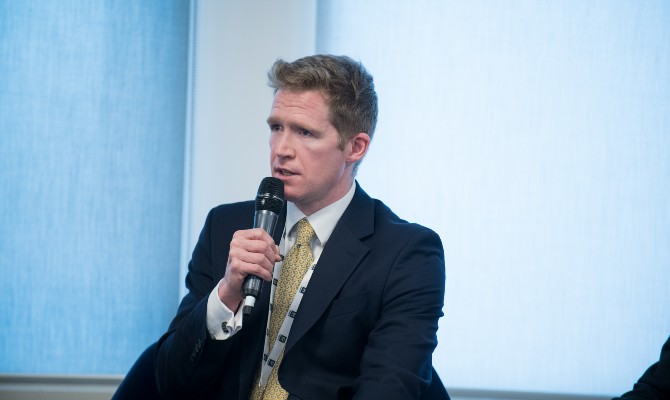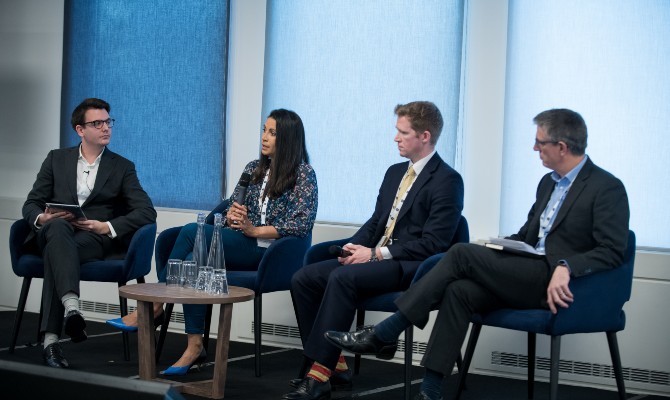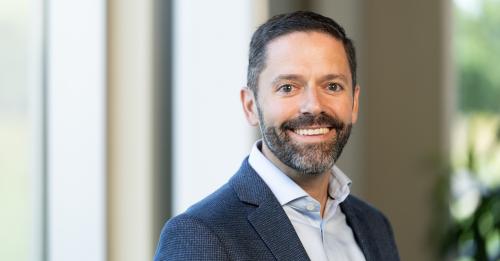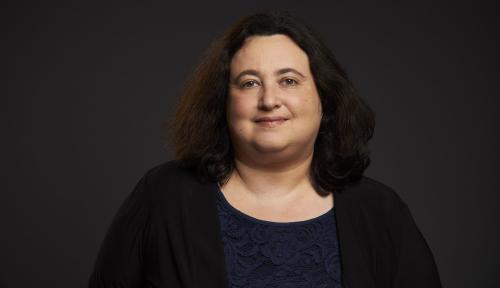Companies and IROs alike are constantly on the lookout for ways to send the right message to their investors. ESG trends continuously evolve and communications, storytelling and business practices need to quickly adapt to those changes. IR Magazine asked Charles Chalkly, IR and ESG manager of Hays, the global recruitment firm, how companies should prepare.
How have ESG priorities changed for UK investors and companies over the last year?
I think it’s fair to say that the bar is always rising and the past year has been a good example of that. In terms of the level of scrutiny investors put companies under, that intensity is definitely on the rise. Companies have traveled from just saying what they intend to do and what their aspirations ambitions are through to the demonstrable: what are we really doing? How is that translating into verifiable actions? What are our targets? How can investors measure them? What progress is being made and how are countries delivering on those targets?

I think the E [in ESG] is well under way. The environmental side of ESG has made tremendous progress over the past 10 years – there’s still a long way to go, as the recent COP27 gathering demonstrated, but progress has been made. The change over the past year – and perhaps slightly longer than that – has been an increasing intensity and scrutiny on the S and G in ESG: societal impact and governance, particularly transparency.
As TCFD became mandatory in the UK in 2022, what would you say are the challenges of mandatory TCFD-aligned requirements for British firms?
It’s a logistical challenge because companies are having to report in so many different areas and there’s an alphabet soup of regulatory requirements, different bodies companies are having to answer to and the frameworks they’re reporting under. That’s definitely part of it. But the actual nub of TCFD is probably making those disclosures meaningful. We’re still in the early stages and I think a number of companies have had a good stab at it, but it’s going to take a bit of time to embed as companies get used to it.
But the good [disclosures] we’ve seen are where there’s a clear scenario analysis of how the climate is going to impact a business and ensuring [the] focus [is] entirely on that rather than [on] how companies are impacting the environment: that’s a vital distinction.
TCFD looks to isolate the clear scenario analysis, which frames an investment decision, because if it doesn’t help that, if it’s just pictures and a nice narrative that doesn’t get into the data of those scenarios, it’s a bit of a fruitless exercise. Companies are going to have to pull their socks up over time and, like all good reporting frameworks, it’s going to get better and companies are going to get better at it.
Hays has recently expanded its Scope 3 emission disclosures. What have been the benefits of reporting a more detailed Scope 3 emission stream so far?
For us it’s definitely about authenticity and we have come a long way in quite a short space of time. The decision to expand our Scope 3 disclosures came off the back of several conversations we had with the buy side and investment analysts advising us to disclose Scope 3 because for many companies it can be far larger than Scope 1 and Scope 2.

Also, from a credibility perspective, [we wanted to] make sure we are telling or showing the full picture – and setting out Scope 3 was part of that full picture. Investors aren’t fully informed unless you are making those full disclosures and we understand we are still a ‘work in progress’ in terms of increasing the accuracy of those [disclosures], but it felt important to set out the picture and the landscape of that added element.
How can IROs make sure their company avoids greenwashing and how can they help their firm tackle accusations if they occur?
The best way to avoid any sort of backlash is just to make sure your company is crystal-clear on what it is reporting, that it’s not overstating its impact [but instead] setting out very clearly the measurement and the target. I think that’s the best way to avoid greenwashing; not just endless puffy statements or anecdotes [that are] difficult to analyze, but very concrete examples of how a company is really [building] its ESG story.
Earlier in October the Financial Conduct Authority launched a consultation that includes plans to introduce a series of restrictions to protect UK-based funds from greenwashing. What impact do you think that might have on companies and investors?
There are a couple of positives and negatives in that. In terms of positives, we are going to see increasing scrutiny regardless of what happens. Hopefully, one of the positives of that will be increasing authenticity from companies. We may see an increase in litigation, [however]. We have seen a few nations and a few companies held to account for the impact they are having on the environment, so that may be a knock-on effect. And if that then feeds into those other two increases (in authenticity and scrutiny), then perhaps that’s a positive feedback loop.
In communicating ESG strategies to investors, what are three of the mistakes IROs should avoid?
[The first thing they should avoid is] not focusing on what’s material. Companies must focus on what’s material, where they can make the biggest change and the things that they have greatest control over and that have the greatest impact on materiality. Number two, they should avoid puff and overstatement. And that ties into number three, [which is] about investment toward a specific ESG narrative. IROs really need to take control over that because it’s coming under increasing scrutiny.










